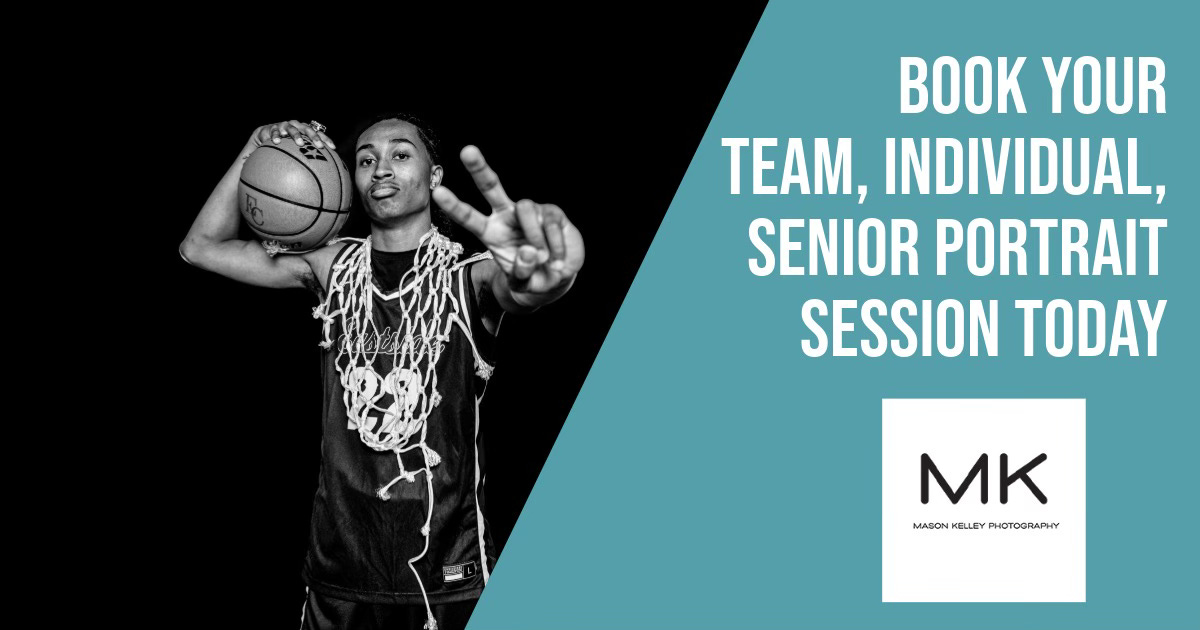More Than the Game: Hoops, Hardship, and Heart
Eastlake boys basketball coach Nick Crossan's story reaches far beyond the basketball court.
For Nick Crossan, basketball has always been an outlet.
It was an outlet when he moved with his mother, Helen, from Kent to Sammamish. It was an outlet that provided a welcome break from school. It was his way of building a future.
Long before Crossan was Eastlake’s basketball coach, he was a standout right up the road at Skyline, where he became the school’s all-time leading scorer and a McDonald’s All-American Game nominee.
“Basketball, that was my outlet,” Crossan said. “That was my way to get where I needed to go.”
However, while he piled up points, he always knew his playing days were on a clock, and it was counting down each time he stepped on the court. Crossan was diagnosed with hip dysplasia. Doctors told him it was only a matter of time before walking would be an issue, let alone playing basketball.
“They told me, 'You can play, but good luck,'” Crossan said. “'You're kind of on your own. This will stop at some point in your life.'”
Crossan planned to play at Western Washington University after graduating from Skyline, but he didn’t have the grades. Instead, he went to Bakersfield College, where he shared a low-income apartment with roommates – three humans and the cockroaches.
While he didn’t love that apartment, he loved the opportunity. The coaching staff didn’t know about his hips, and he wasn’t about to share that information unless he had to.
“I absolutely loved it,” Crossan said. “It was life-changing. I think junior colleges, they’re not for everybody, but I think they're for kids who love the game and just want another opportunity to either keep playing or maybe move on to the next level.”

Crossan only attended Bakersfield College for about six months. It wasn’t his hip that cut his career with the Renegades short. Helen was diagnosed with cancer in her arm. After raising four kids on her own while working as a plumber, Helen is Crossan’s hero. When he found out about the cancer, he knew exactly what he needed to do.
“It was a sacrifice that I didn't have to think about because I knew in the back of my mind where I was basketball-wise, and I knew how important my mom was,” he said. “That is a line in the sand that I'm never going to cross.”
So, Crossan was back in Washington, taking care of his mother. His career wasn’t over. He was offered an opportunity to play at Bellevue College. Then there was an opening at Northwest University. They offered him a scholarship, and his career was back on track.
“This was an opportunity for me to go to school, get it paid for – sign me up,” he said. “I'm in.”
Like Bakersfield College, his career only lasted six months. This time, though, it was his hip. After a game in California, Crossan couldn’t feel his legs. His hips were throbbing. Every time he played, he broke out in psoriasis, and the itching, combined with the pain, reached a point where Crossan had to make a decision.
“It was really hard for me to accept it, even though I knew at some point it was going to come to an end,” he said.
With his playing career over, Crossan felt lost.
“I had no idea what I wanted to do,” he said. “Absolutely zero.”
Crossan’s in-laws (he met his wife, Briana, when he was 15) had created an A.A.U. program, EBC, so he figured continuing with basketball would be a good place to start.
“It was the easiest thing for me to get into,” he said. “It kept me close to the game, the game that I love, what I’ve done my whole life.”
Once he started coaching, he realized he wanted to do more than coach. He wanted to start preparing his athletes for their post-basketball futures. L.A.B. (Life After Basketball) was born.
“We dedicate 45 minutes a week to talk about life after basketball, which is a ton of fun,” he said.
Crossan’s goal is to provide life skills that extend beyond basketball, bringing in professionals who can help Eastlake players build their “toolboxes for life.”
The program covers everything from financial literacy, leadership, and job interview skills to resilience.
From player at Skyline to coach down the road at Eastlake, with a circuitous basketball path in between, Crossan understands the opportunities basketball can provide both on and off the floor. He wants his players to understand that while the game may end, the lessons, relationships, and resilience it fosters can last a lifetime.
For Crossan, basketball was more than a sport – it was a path, a teacher, and ultimately, a way to prepare for life beyond the hardwood.
If you have a story idea, please click the link below to send me a message.



